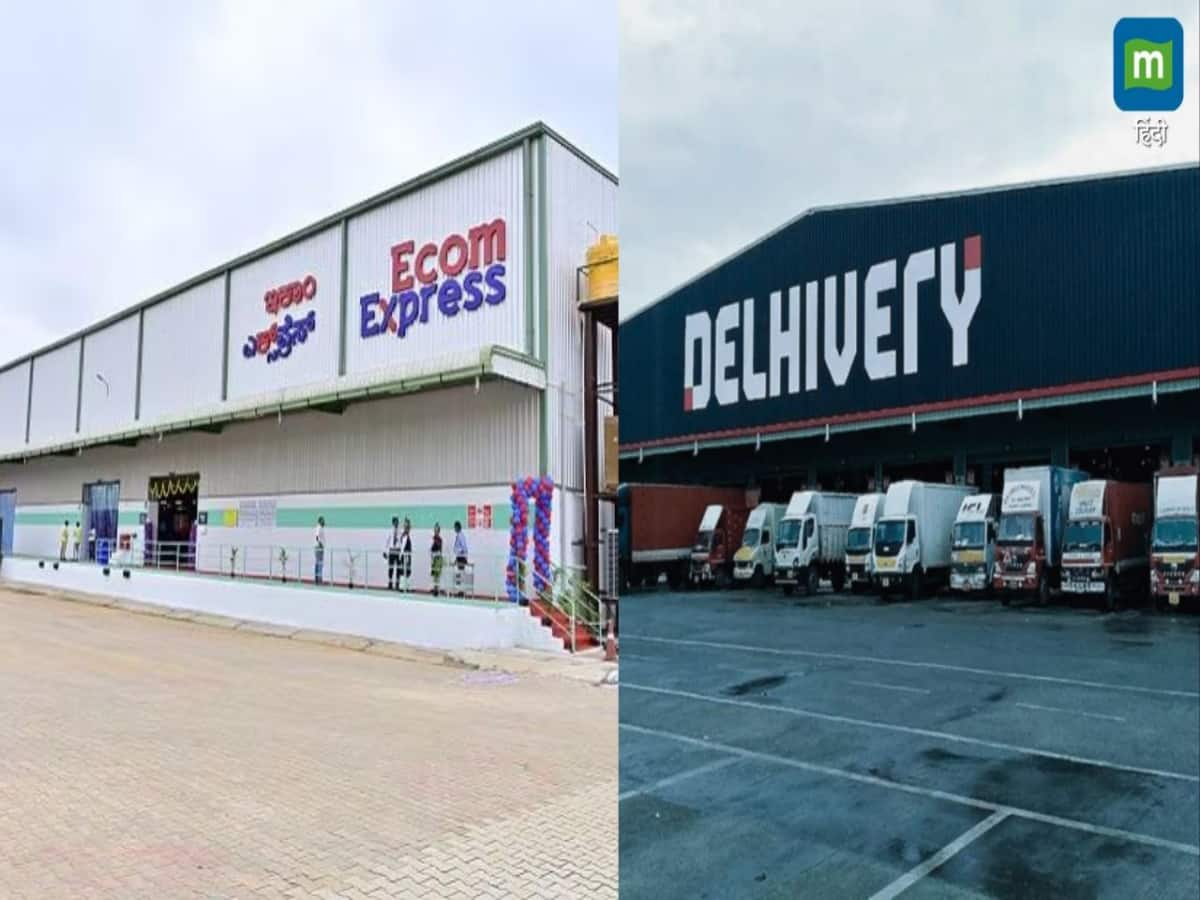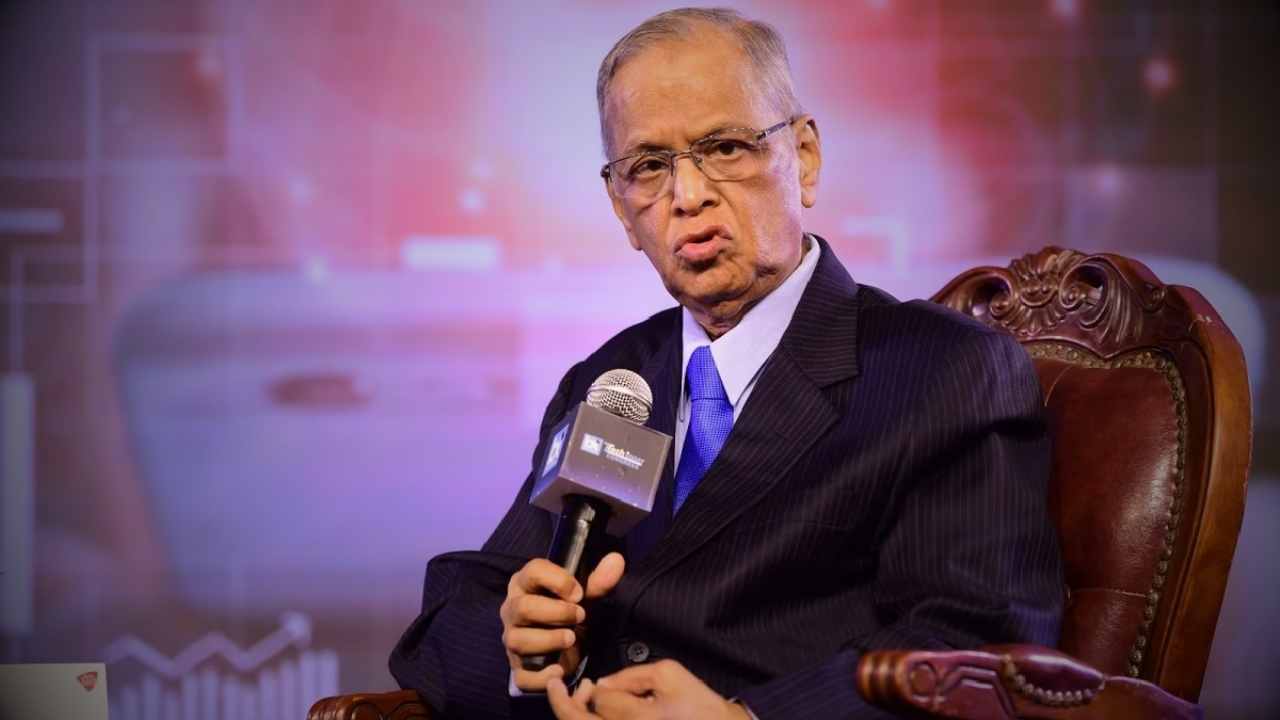The logistics sector in India is witnessing intense competition, particularly between unicorn Delhivery and its rival Ecom Express. Recently, Delhivery has raised concerns regarding the accuracy of shipment figures presented by Ecom Express in its draft for an Initial Public Offering (IPO). Ecom Express, which is preparing for its IPO, has filed its draft red herring prospectus (DRHP) with the Securities and Exchange Board of India (SEBI). Delhivery claims that there are significant discrepancies in the figures related to shipment volume, profitability, and capacity, rendering a direct comparison between the two companies inaccurate.
Delhivery’s Perspective on Ecom Express’s IPO Draft
One of the critical points raised by Delhivery pertains to how shipments are counted. Delhivery maintains that even if a package is not delivered and is returned, it counts as one shipment. In contrast, Ecom Express counts such instances as two shipments, as separate bills are generated for the arrival and departure of the package. This discrepancy in counting leads to Ecom Express appearing to have lower shipment volumes in comparison to Delhivery.
According to Ecom Express’s draft, the estimated shipment volumes for the financial year 2024 are 74 crores for Delhivery and 51.4 crores for Ecom Express. However, Delhivery argues that if you factor in the industry average of 14-18% return shipments, Ecom Express’s actual volumes could be as low as 45 crores. This difference signifies that the metrics presented in the IPO draft may not provide an accurate picture of the companies’ performances.
Financial Metrics Discrepancies
Delhivery also challenges the calculation of the cost per shipment (CPS) presented by Ecom Express. Ecom’s calculation supposedly focuses on direct business costs by subtracting corporate and warehouse expenses from the total annual costs before dividing by the number of shipments. Delhivery contends that since Ecom has inflated its shipment volume in this equation, it unfairly lowers the reported CPS, which they believe should actually increase by approximately ₹7, translating to a 15% rise when calculating according to Delhivery’s shipment numbers.
Furthermore, Delhivery argues that comparing Earnings Before Interest, Taxes, Depreciation, and Amortization (EBITDA) between the two firms is misleading. The company’s internal cost structures mean that Ecom Express does not have access to Delhivery’s complete corporate costs, making meaningful comparisons difficult.
Ecom Express’s IPO Overview
Ecom Express is aiming to raise approximately ₹2600 crores through its IPO. The company filed its IPO draft with SEBI on August 15. This offering includes a proposal to issue new shares worth around ₹1,284.5 crores, while existing investors plan to sell shares worth ₹1,315.5 crores under the Offer for Sale segment.
Conclusion
The ongoing dispute between Delhivery and Ecom Express highlights the complexities within the logistics industry, particularly as companies prepare for public offerings. As investors and market participants analyze the upcoming IPO, it is essential to consider the accuracy of the data presented and the differing methodologies employed in calculating key metrics. As the market continues to evolve, it will be interesting to see how both companies navigate these competitive landscapes and regulatory scrutiny.











